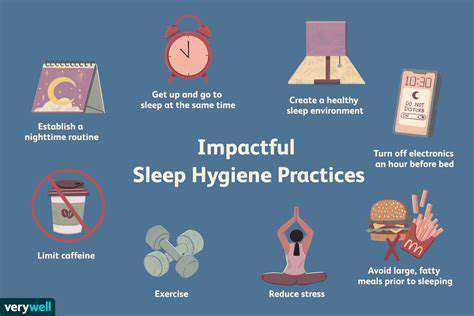Guide to Practicing Gratitude Daily
Integrating Mindfulness into Your Gratitude Practice
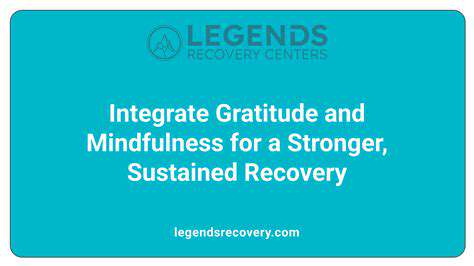
Cultivating Inner Peace
Mindfulness practices, at their core, aim to foster a deeper connection with the present moment. This involves observing your thoughts, feelings, and sensations without judgment. By cultivating this awareness, you begin to recognize patterns and reactions, allowing you to respond more thoughtfully and constructively to life's challenges. This non-judgmental observation is key to reducing stress and anxiety, enabling a greater sense of inner peace and well-being.
Regular engagement with mindfulness techniques can significantly impact your emotional state. It allows you to step back from the relentless stream of thoughts and feelings that often dominate our consciousness, allowing a space for calm and clarity. This space allows you to experience life with greater presence and appreciation, leading to a more fulfilling and balanced existence.
Harnessing the Power of Focus
One of the fundamental benefits of mindfulness is its ability to enhance focus and concentration. By training your mind to stay present, you're strengthening your ability to resist distractions and maintain a clear mind. This improved focus translates into better performance in various aspects of your life, from work productivity to personal relationships. Developing this focused attention can be a powerful tool for achieving your goals and objectives.
Mindfulness exercises often involve simple techniques, like paying close attention to the sensation of your breath. This seemingly simple act of focusing on the present moment can be surprisingly challenging, yet incredibly rewarding. Consistent practice can lead to significant improvements in concentration, allowing you to tackle tasks with greater efficiency and clarity.
Reducing Stress and Anxiety
Mindfulness is increasingly recognized as a powerful tool for managing stress and anxiety. By observing your thoughts and emotions without getting carried away by them, you create space for a more objective perspective. This detachment helps you to respond more effectively to stressful situations, rather than reacting impulsively. By practicing mindfulness, you can learn to navigate stressful moments with greater composure and resilience.
Through regular mindfulness practice, you can develop a greater understanding of your personal stress triggers and patterns. This awareness is essential for developing coping mechanisms and strategies for managing anxiety and stress effectively. This knowledge can lead to lasting changes in your ability to handle pressure and manage difficult emotions.
Improving Emotional Regulation
Mindfulness cultivates a greater awareness of your emotional landscape. This awareness allows you to identify and understand your emotional responses, both positive and negative, without judgment. Through this understanding, you can develop more effective strategies for regulating your emotions. By recognizing the patterns in your emotional reactions, you gain the ability to respond to situations with greater balance and composure. This often leads to more productive and fulfilling relationships.
Enhancing Self-Awareness
Mindfulness is a powerful tool for self-discovery and personal growth. By bringing your attention to your thoughts, feelings, and sensations, you start to uncover deeper insights about yourself. This self-awareness extends beyond simply recognizing your emotions but also encompasses understanding your motivations, values, and beliefs. Through this self-exploration, you develop a deeper understanding of your own needs and desires, ultimately leading to more authentic and fulfilling choices.
This deeper understanding of yourself fosters compassion and acceptance. You become more attuned to your inner world, allowing for a more compassionate and understanding relationship with yourself and others. This self-awareness is not just about recognizing your own emotional states, but also appreciating and understanding the emotional landscapes of those around you.
Read more about Guide to Practicing Gratitude Daily
Hot Recommendations
-
*Guide to Managing Gout Through Diet
-
*Best Habits for Financial Well being
-
*How to Build a Routine for Better Mental Health
-
*How to Eat Healthy on a Budget [Tips & Meal Ideas]
-
*Guide to Practicing Self Acceptance
-
*How to Incorporate More Movement Into Your Day
-
*Guide to Managing Chronic Pain Naturally
-
*Guide to Building a Reading Habit for Well being
-
*Top 5 Weight Loss Supplements That Actually Work
-
*Best Exercises for Postpartum Recovery [Beyond Abdominal Work]
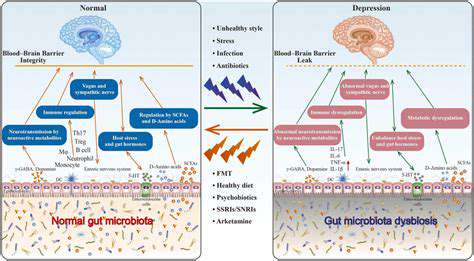
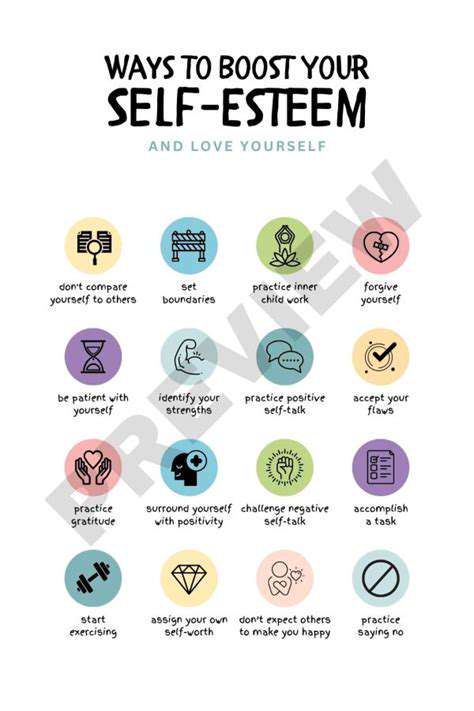
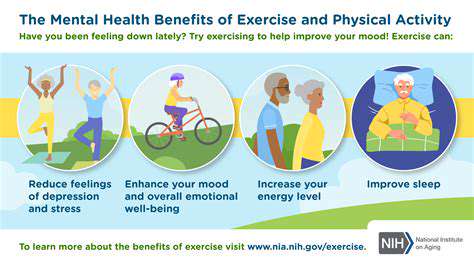
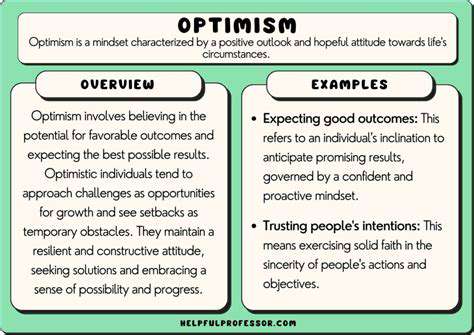




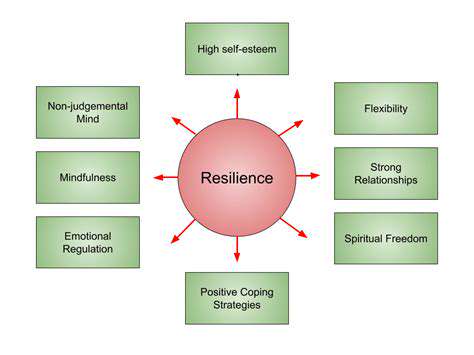
![How to Start Lifting Weights at the Gym [Beginner Guide]](/static/images/26/2025-05/SettingRealisticGoalsandExpectations.jpg)
